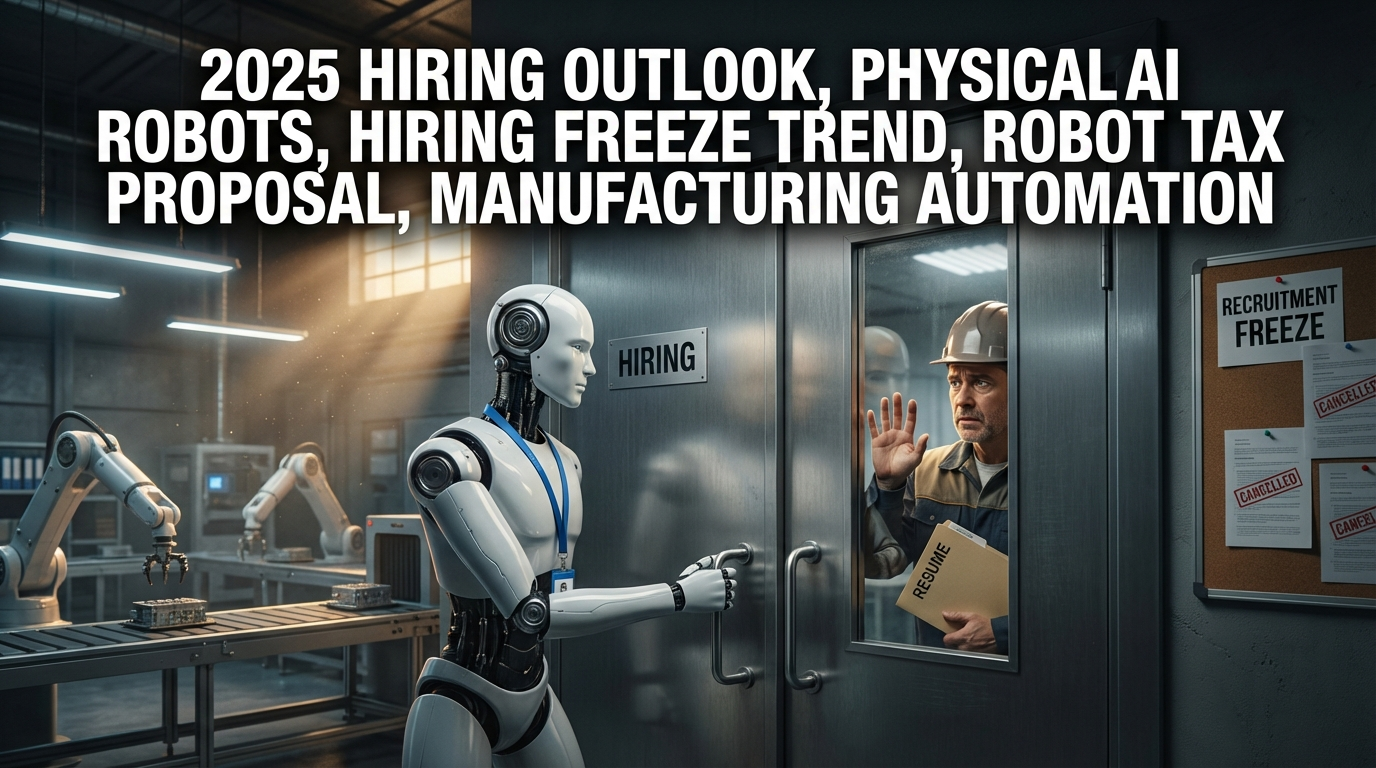### Analysis of Trump’s Policies and the Possibility of Economic Recession
1. Trump's Policy Direction and Economic Impact
If President Trump regains power, the policies he is likely to pursue can be summarized as protectionist trade, tax cuts, and a strong dollar policy. In particular, there is a high probability that moves to impose tariffs on various countries, including China, and to protect domestic manufacturing in the United States will be strengthened.
- Tariff Policy: While tariff imposition may be beneficial to some manufacturers in the United States (especially steel and aluminum companies, etc.) in the short term, it may lead to rising consumer prices and increased corporate costs in the long term.
- Fiscal Deficit Reduction: Policies to reduce federal debt are expected. In particular, a strategy to reduce debt interest by inducing interest rate cuts is possible.
- Inducing Interest Rate Cuts: There is a possibility of using a strategy to force the Federal Reserve to lower interest rates by triggering an economic recession.
2. Reasons for Inducing Economic Recession and Strategic Approach
There are several reasons why Trump may intentionally induce an economic recession.
- Securing Fiscal Soundness: Currently, the federal government's debt interest is continuously increasing to $1.7 trillion, but in a recession, the debt burden may decrease as interest rates are lowered.
- Political Gain: The cause of the recession can be blamed on the policies of the Biden administration, and this can be used to gain political support.
- Implementation of Business-Friendly Policies: If interest rates fall, it may become easier to pursue policies such as corporate tax cuts and income tax cuts.
3. Impact of Economic Recession and Investment Strategy
If there is a possibility of an economic recession, an investment strategy in preparation for this is necessary.
① Signs of High Possibility of Economic Recession
- Slowdown in AI investment by big tech companies
- Decrease in consumer spending (increase in supermarket/essential consumer goods, decrease in dining out/leisure industries)
- If expectations for interest rate cuts increase
- Deterioration of employment indicators
② Promising Investments During an Economic Recession
Industries that are strong, focusing on domestic demand and not affected by tariffs
- Essential Consumer Goods Companies: Tyson Foods (meat distribution), Kroger (large supermarket), Walmart, etc.
- Low-Cost Retailers: Dollar Tree, Costco, etc.
- Telecommunications/Media: Netflix (increase in media consumption during recessions), AT&T and other US telecom companies
③ Tech/Growth Stocks with High Potential for Growth After an Economic Recession
In a recession, focus on investing in defensive stocks, but pay attention to high-tech growth stocks at the time of rebound.
- Autonomous Driving/Electric Vehicles: Tesla
- Space Industry: SpaceX, Rocket Lab
- Bio-Innovation Companies: Companies developing innovative technologies such as cancer treatment and life extension technologies
④ Dividend Stock Investment Strategy
Even if there is a possibility of an economic recession, investing in dividend stocks that provide stable cash flow is worth considering.
- Companies with High Dividend Growth Rates: Starbucks (average annual dividend increase of 16.7% over 10 years), Procter & Gamble (P&G), Johnson & Johnson, etc.
- Companies with High Dividend Rates in the United States: Telecommunications companies (AT&T), Utilities (Duke Energy)
Conclusion and Future Outlook
Currently, the U.S. stock market is relatively high, and there is a high possibility that the policies of the Trump administration will induce an economic recession. In the short term, investments should be considered focusing on defensive stocks and essential consumer goods, and if the stock market is adjusted in the future, opportunities to switch to high-tech stocks and growth stocks should be sought.
Recommended Investment Strategy
- Short Term (Recession Period): Invest primarily in essential consumer goods, domestic companies, and dividend stocks
- Mid Term (Rebound Period After Recession): Invest in growth stocks/tech stocks that have been price-adjusted
- Long Term (Time of Emergence of New Leading Industries): Invest in technology innovation companies such as space, AI, and autonomous driving
[Related Articles at nextgeninsight.net/]
- Analysis of Trump's Economic Policies → https://nextgeninsight.net/?s=%ED%8A%B8%EB%9F%BC%ED%94%84
- Investment Strategy for Preparing for Economic Recession → https://nextgeninsight.net/?s=%EA%B2%BD%EA%B8%B0
*Source : [김작가 TV] 미국 경기침체 올해 터집니다, 그때 '이 주식' 사면 큰 부가 된다 (전인구 소장)


